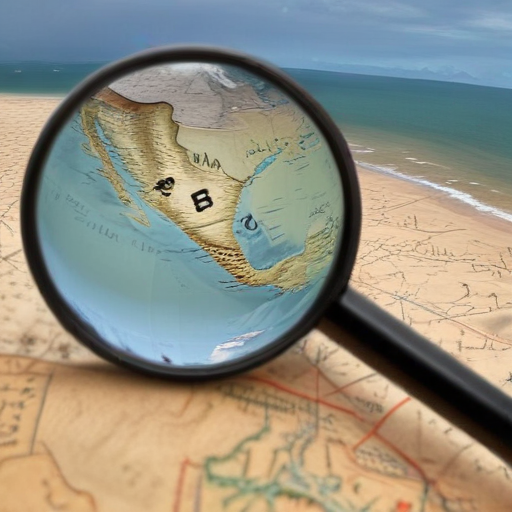Google Maps has updated the name of the Gulf of Mexico to the Gulf of America for users in the United States, following an executive order from President Donald Trump. This order, issued shortly after his return to office last month, directs government documents to refer to the body of water by its new name. However, the naming convention will not affect users in Mexico, who will continue to see the original name, and users around the world will see both names displayed as “Gulf of Mexico (Gulf of America).”
Google indicated this update aligns with its practice of adhering to official government naming changes. According to the Geographic Names Information System, a US government database, the new designation aims to reflect a narrative of American heritage, with Trump characterizing February 9 as “Gulf of America Day” in a proclamation calling for national observance.
This decision has sparked criticism, particularly from the Mexican government, which argues that the US lacks the authority to rename the Gulf. Mexican President Claudia Sheinbaum has requested Google to reconsider, citing the United Nations Convention on the Law of the Sea, which limits a nation’s sovereignty to 12 nautical miles from its coastline.
The Associated Press, adhering to its own style guide, has chosen not to change the name and continued to refer to the body of water as the Gulf of Mexico. This stance resulted in tensions, as the White House restricted AP journalists from covering some events, a decision criticized as a violation of press freedom.
In a broader context, Trump’s administration is exploring several naming adjustments, including reverting North America’s tallest mountain from Denali back to its former name, Mount McKinley. While this change is still pending on Google Maps, the AP has already updated its style guide to reflect the mountain’s original name.
Overall, this situation illustrates the complex relationship between naming conventions, national identity, and international diplomacy. While name changes can evoke strong feelings of pride or ownership, they also highlight the need for sensitive negotiations among nations, especially in shared geographic contexts.
